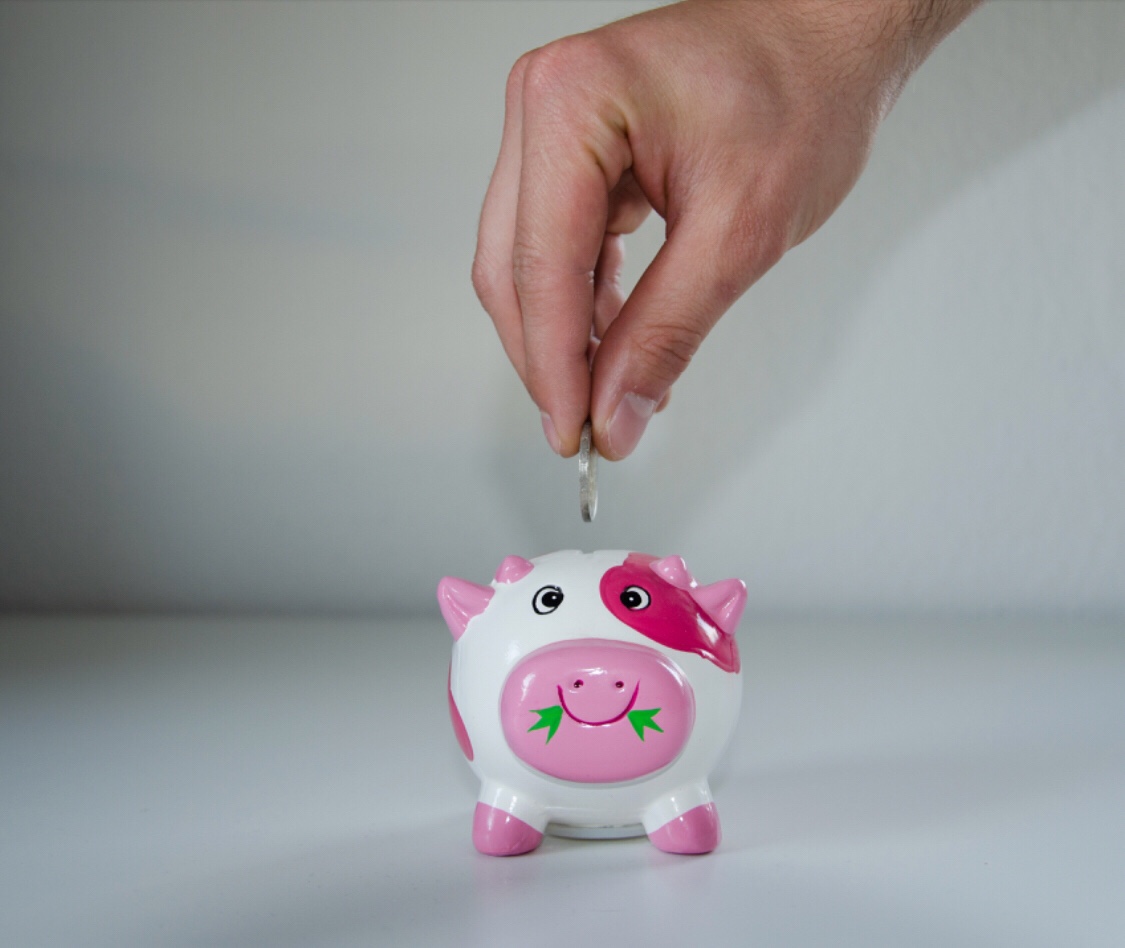

The most crucial thing to consider when starting a new business is also one of the most stressful parts; finances. You need to decide where the funds are coming from and how you’re going to implement them in your work.
Business isn’t cheap, and, unfortunately, there are many aspects of starting a company which people will try to convince you to spend more money than needed. But there are ways in which you can arrange your money so that you are only spending what you need to, and not a penny more.
Advice
Before setting out to get a loan, invest, or borrow, always seek out professional advice. Companies like Investormint gives you well-researched advice, with evidence to back up what they’re saying. Because you should never proceed with anything involving your money without doing the appropriate research and getting things fact-checked.
Savings
Even if you’re getting a loan, you need to think about having a little (or large) next egg tucked away. Owning a business doesn’t mean that you get a nice return straight away. Most new business owners don’t see a paycheck until the end of their second year of business.
So have some money put aside for a rainy day might be what saves you and your company. From day one of planning, open a high-interest savings account, or ISA account and start putting whatever you can into it.
Budgeting
Use a budgeting tool from the get-go to plan each if your financial moves before they happen. Keeping to your budget is very important, it’s easy with a new venture to get excited and just pick up this and add extra that. But if it’s not vital, then restrain yourself.
If you can get a deal by buying in bulk, then see if it fits into your budget, as that will save you money in the long run. If you don’t have the time to dedicate to updating your budget, apps like WonderBill are great ways to edit on the go, and you can link up your bank account to the app so that your spends are synced straight away.
Keeping Track
As well as keeping your budget up to date, you need to keep track of everything you’re spending and every piece of income you have. It’s no good simply having an annual income and outgoing figure at the end of each financial year. When doing your taxes you will be required to know where every bit of money has come from, and the lists of things going out for business reasons can be tax deductible. But if you don’t have proof, then you don’t have anything.
You can keep track easily yourself, you can hire a freelance bookkeeper to keep on top of things for you. Again, seek advice on whether your finances are complicated enough to need outside help. It might just be a case of listing everything on excel at the end of each month.


